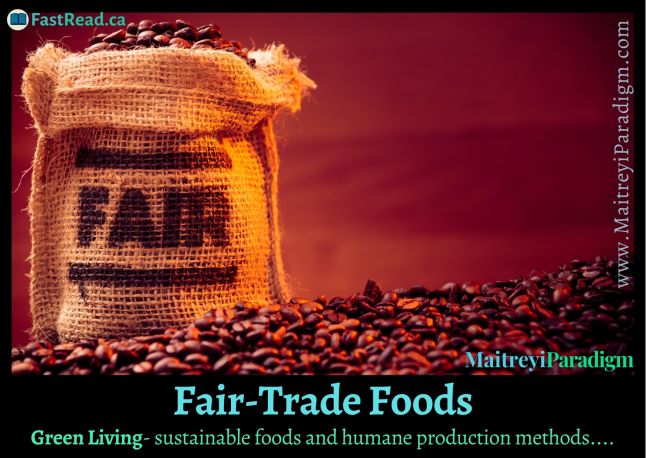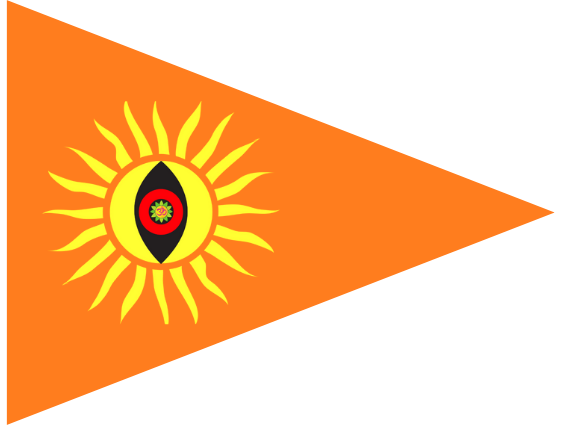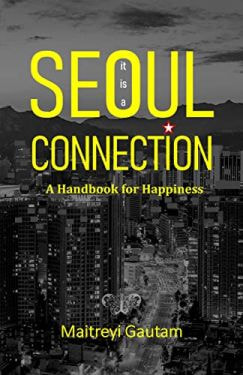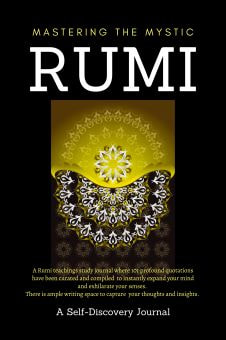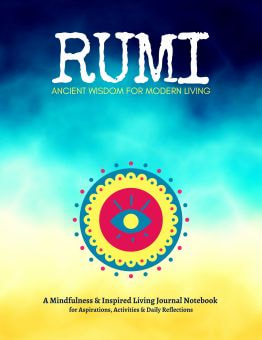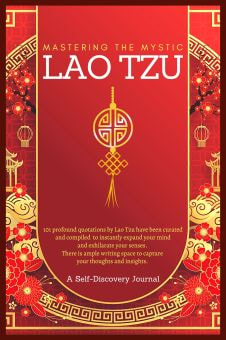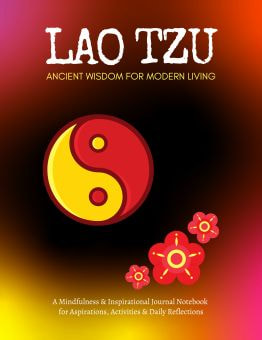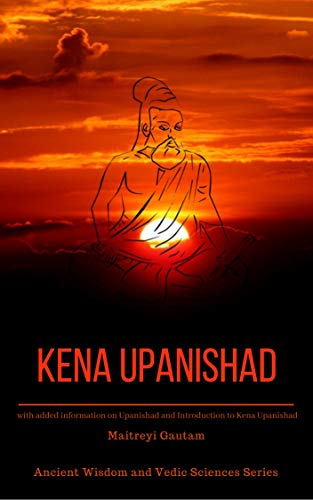Fair trade usually involves direct trade with the food-producers. This gets rid of the need for middlemen, who typically create unsafe working conditions for the producers along with adding unnecessary cost to the overall food supply chain.
The final purpose of Fair Trade is to ensure that food is grown and sourced in such a way that it is not only friendly to the environment and is done in a sustainable manner, but also rewards those growing our food with proper wages and healthy work conditions. Fair Trade practices respect the identity of a culture and promote development within that community.
Organizations that work with fair trade also try to teach necessary skills and lessons about sustainable living and environment friendly farming practices. Fair trade aims to keep the environment protected by encouraging natural production methods that are not harmful to the people and animals. At the same time, fair trade aspires to preserve (if not enhance) soil and water quality. For this reason, producers involved with fair trade groups are often educated on sustainable farming principles and preservations of forests and other large vegetation growth areas.
Fair trade organizations work with the community to ensure group-development and wellbeing. The focus is not merely on corporate profits, but the goal is to work in a synchronous and sustainable manner that is profitable for all concerned parties and promotes good environmental practices.
You can tell if a product or business is 'fair trade' by its certification. Third party organizations certify foods, beverages and items that are fair trade. These organizations include Institute of Marketecology (IMO) and Fair-Trade USA. For items that are not food or drinks, it is likely that the certification will be from a Fair Trade Federation.
Fair trade is becoming more popular as consumers are becoming aware of the impact they have on the world. Every day we send a message into the greater world by who and what we support... by the choices we make... the businesses we support, the products we buy and the leaders we choose...
When we choose a fair trade product, particularly those that are otherwise often farmed in extremely bad work conditions like coffee and cocoa, the message we are giving to the world at large is that, we are against child and bonded labor. When we purchase fair trade foods, we are not only supporting those businesses that are currently involved in these practices but we are also encouraging others to consider this humanitarian approach that is also an economically and environmentally-friendly business route.
Fair trade business practices not only help the laborer, but it also helps the entire regional community. In addition, it gives the end-consumer the comfort and satisfaction of the knowledge that those who produced their food have been properly compensated and that humane labor principles have been upheld!
| |
Green Living and Life Management
Keywords and Tags:
#greenliving #fairtradefoods #organicliving #wholisticliving #saveourplanet #sustainableliving #fairtradecoffee #fairtradecocoa #earthfriendlyliving #SustainableLifestyle #LiveConsciously

